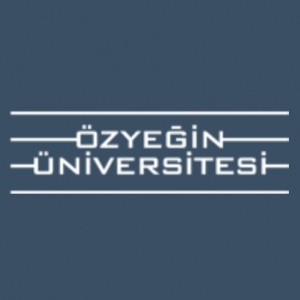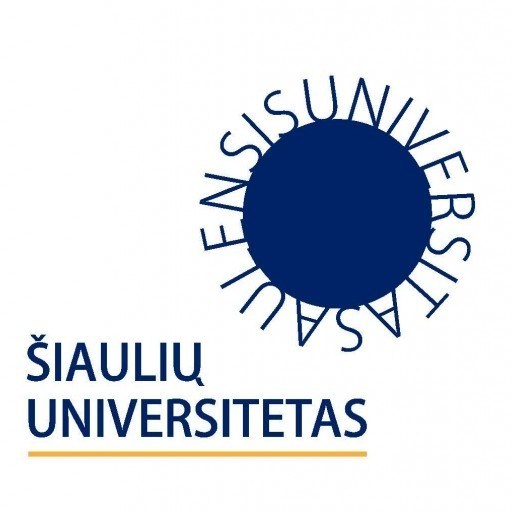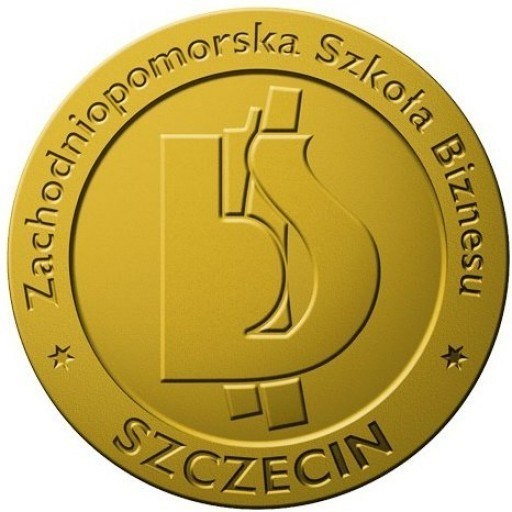Photos of university / #uva_amsterdam
Not one major problem facing the world today – the global financial crisis, the conflict between national identity and migration, the debate between security and privacy – can be addressed without drawing on the subjects of politics, psychology, law and economics. Only PPLE College combines these four disciplines into one Bachelor’s programme.
Why study PPLE?
- A one of a kind combination of disciplines: this UvA programme is unique in the Netherlands
- A limited number of highly motivated and talented students
- A small-scale and intensive study programme
- A learning community with a dynamic international group of young people interested in solving social challenges
- An inclusive talent development programme
- Support and advice from a personal tutor
- A distinct location, conveniently located in the heart of Amsterdam
The first year
The first year consists of academic core courses. Interdisciplinary courses such as ‘Law, justice and morality', 'Politics, power and governance’ and ‘Decision making’ help students foster a broad mindset and provide a good foundation in the disciplines. This in turn gives them the required knowledge for the courses in the second and third year.
In the methodological courses (‘Doing research’), students will learn about the main qualitative and quantitative research methods and techniques. At the end of each semester, in the integrated seminars, students conduct a project based on social challenges and themes, such as security, solidarity and global justice.
By the end of the first year, students must choose one major.
In the second year, students start on their specialisation (major) in either politics, psychology, law, or economics and business. The majors have been specially and carefully designed by teams of leading scholars from all across the University of Amsterdam. During the first semester of their third year, PPLE students can study abroad for one semester. Before receiving their Bachelor’s of Science degree, they will write an extensive Bachelor’s thesis.
Politics
The world of politics has been transforming dramatically over the past 50 years or so. The focus of political science is no longer only the state. Non-state actors (such as NGOs and social movements) have come to play a larger role, new axes of economic and military power have emerged, and the dynamics of inter- and intra-state conflicts have changed. The global order increasingly has to deal with challenges of a truly global nature. Increasingly also political scientists study the linkages between politics on different scales, from the local to the global
Psychology
The human factor is a critical variable in almost all the complex problems we face today. Psychology, as the study of human behaviour, will help to understand (and change) the role we as humans play in topics such as social inequality, climate change and consumer behaviour.
Law
As a guiding framework for modern societies, law affects people in all domains of life. Interdisciplinary courses in law will help you interpret complex social issues, such as international relations, immigration and European integration, through the lens of the legal system and principles of justice.
Economics and Business
Economic reasoning is crucial to the analysis of the major challenges that the world faces. Policies on, for instance, international trade, economic and social development as well as management of the environment all benefit from a thorough understanding of economic behaviour and the relations between the major stakeholders.
Entrance test
Students who want to major in economics need to successfully pass the economics major entrance test in the spring semester of their first year.
Applicants must self-report and submit all test scores without delay. We strongly recommend applicants take the required tests well in advance of the final submission deadline of 20 July. Please allow sufficient time for official scores to arrive by this deadline.
Do you have the right diploma?
You are eligible to apply if:
- you hold a diploma from Dutch university preparatory education (VWO), combined with mathematics A, B, or D (final grade 6.0 or higher) and English, or
- your preparatory education is equivalent to the Dutch VWO diploma, with mathematics (and English for non-native speakers) included in the final examination.
Grade point average
Do your grades reflect that you will be able to maintain a good to excellent study level? PPLE is a small-scale and intensive programme and therefore a high study level is required to be able to successfully complete the programme in three years.
Russia: Secondary school diploma with a suitable study programme of sufficient level with EGE and 1-2 year(s) of full-time university/college education. Grade point average 4.0, mathematics minimum grade 3.0, English minimum grade 5.0
Ukraine: secondary school diploma (Atestat pro zagal’nu serednyu osvitu) with a suitable study programme of sufficient level or 1 year of university/college education. GPA 8 (1-12), Math 4 (1-12), English 10 (1-12)
Please note that if we receive a lot of good applications, we will only select candidates with a higher grade point average. This entails that the current minimum GPAs may be raised if we receive a large quantity of outstanding applications.
Mathematics requirements
Several PPLE courses require advanced math skills. Therefore, proficiency in math is an important entry requirement for PPLE. This requirement needs to be met by July.
- Applicants holding a diploma from a Dutch VWO school in one of the four profiles, combined with mathematics A, B or D (final grade 6.0 or higher), meet the math requirement.
- The preparatory education of applicants holding a foreign diploma must be equivalent to the Dutch VWO diploma, with a pass grade for mathematics on the final examination.
If you are not studying maths or you are not sure that you will get a sufficient grade, you will need to show sufficient results from a recognised test centre well before your intended starting date. Any offer of acceptance will be conditional, pending the test results.
English language requirements
All our international programmes are conducted in English, therefore, applicants must show their ability to write and speak in English on an academic level. Students with a Bachelor’s degree from a Dutch university and students who successfully finished a full academic programme at an esteemed institute in one of the following countries are exempt: UK, Ireland, USA, Canada, Australia and New Zealand.
Please note we only accept the TOEFL Test, the test of the International English Language Testing Service (Academic IELTS) or a Cambridge Examination Score. For Non-EU/EEA students the required English test result should be received on or before 1 February in the year of application by the International Team at the Faculty of Science. If this in any case is not possible, contact the International Team first, before applying. For EU/EEA students the deadline of submitting the test results is 1 July.
TOEFL Test
The minimum scores required on the TOEFL Test are:
- Internet-based test (iBT): 92 with a minimum of 20 on each subject
Exceptions: - Artificial Intelligence, Brain and Cognitive Sciences and Information Studies: 98, with a minimum of 22 for reading and listining and 24 for writing and speaking
- Software Engineering: 98 with a minimum of 22 on each subject
Please note the TOEFL-code for the Faculty of Science of the University of Amsterdam is: 8628.
IELTS Test (only Academic IELTS is accepted)
- Minimum score 6.5, at least 6.0 on sub-scores (listening/reading/writing/speaking).
Exceptions
- Artificial Intelligence, Brain and Cognitive Sciences and Information Studies> minimum score 7.0, sub-scores on writing and speaking at least 7.0, sub-scores on listening and reading at least 6.5
- Software Engineering > minimum score 7.0, at least 6.5 on each sub-score (listening/reading/writing/speaking)
- The UvA offers the IELTS test for free to current UvA students to assess their English language proficiency.
Cambridge Examination Score
A Cambridge Examination Score with a minimum test result of C1 Advanced (CAE) A or B will also be accepted. For the C2 Proficiency test (CPE) a minimal score of C is required.
Nuffic Certificate for Chinese students
Chinese applicants are required to take an IELTS test or the TOEFL (Internet-based test only). These are the only two tests accepted by the Nuffic, which provides certificates to all Chinese students who wish to study in the Netherlands.
Please note there are some differences between the TOEFL and IELTS test. Available practice material, test dates, prices and locations differ per country.
Study costs
In addition to your tuition fees, you will need to include a number of other study costs in your budget, such as books, stationary, excursions, a laptop or other equipment up to an amount of max. €642,-.
Living costs
Keep in mind that living in Amsterdam also includes costs such as accommodation, food and public transport.










